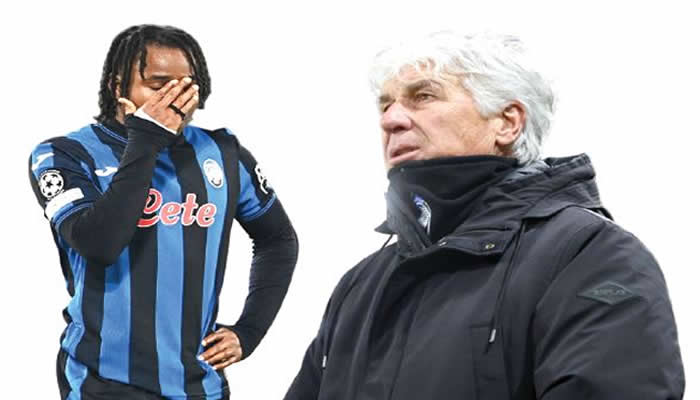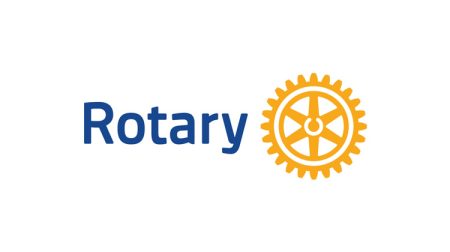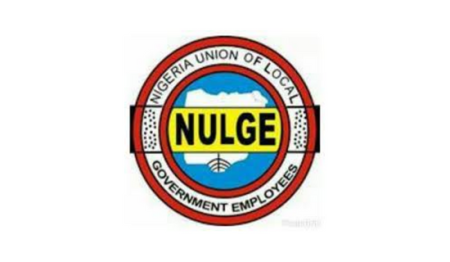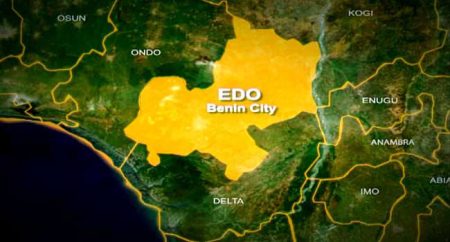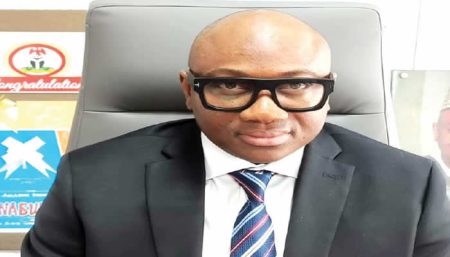The football world witnessed a clash between Atalanta manager Gian Piero Gasperini and Nigerian forward Ademola Lookman following a controversial penalty miss in the Champions League. Gasperini’s post-match comments, labeling Lookman as “one of the worst penalty takers” he’d ever seen, sparked a firestorm of criticism and ignited a debate about managerial conduct and player respect. The incident unfolded after Atalanta’s 3-1 defeat to Club Brugge, which sealed their elimination from the competition. Lookman, typically a reliable goalscorer, stepped up to take a crucial penalty but failed to convert, a miss that ultimately contributed to their exit. Gasperini’s immediate reaction was scathing, publicly criticizing Lookman’s penalty-taking ability in a manner that many deemed unnecessarily harsh.
The fallout from Gasperini’s remarks was swift and widespread. Lookman, understandably hurt by his manager’s public rebuke, took to social media to express his disappointment, describing the comments as “deeply disrespectful.” The Nigerian international’s response resonated with many within the football community, who felt that Gasperini’s criticism was excessive and undermined the player’s confidence. The situation escalated further as prominent figures within the football world, including Cameroon FA president Samuel Eto’o, rallied to Lookman’s defense. Eto’o, a legendary striker himself, offered words of encouragement and support to the young forward, emphasizing that only those who dare to take penalties can miss. This high-profile intervention highlighted the widespread disapproval of Gasperini’s handling of the situation.
In the aftermath of the controversy, Gasperini attempted to clarify his remarks, insisting that his intention was not to offend Lookman. He sought to contextualize his criticism by referencing a recent Serie A match where a non-designated penalty taker successfully scored, suggesting that he had hoped Lookman would have deferred to a teammate. However, this explanation did little to quell the criticism, as many felt that his initial comments were too damaging to be easily retracted. The incident put a spotlight on the delicate balance between a manager’s right to critique player performance and the importance of maintaining respectful communication.
Gasperini’s comments also raised questions about the potential impact of such public criticism on player morale and performance. Lookman, despite the controversy, had enjoyed a prolific season, scoring 17 goals and playing a pivotal role in Atalanta’s Europa League triumph the previous year. His hat-trick in the final against Bayer Leverkusen had secured Atalanta’s first European trophy, a feat that underscored his value to the team. Critics argued that Gasperini’s harsh words risked undermining Lookman’s confidence and jeopardizing his future contributions.
The incident served as a reminder of the complexities of the player-manager relationship in professional football. While managers are tasked with guiding and motivating their players, the manner in which they deliver feedback can have a significant impact on team dynamics and individual morale. Gasperini’s public dressing-down of Lookman arguably crossed a line, creating unnecessary tension and potentially damaging the player’s self-belief.
Despite the lingering controversy, Gasperini shifted his focus to Atalanta’s upcoming Serie A fixture against Empoli. With the team aiming to maintain their title challenge, the manager emphasized the importance of the match and acknowledged the difficulty of the task ahead. He praised Empoli’s quality of play and their coach, recognizing the threat they posed despite their relegation battle. This shift in focus suggested a desire to move past the Lookman incident and concentrate on the team’s immediate objectives. However, the controversy undoubtedly left its mark, raising questions about Gasperini’s management style and his ability to maintain positive relationships with his players.





